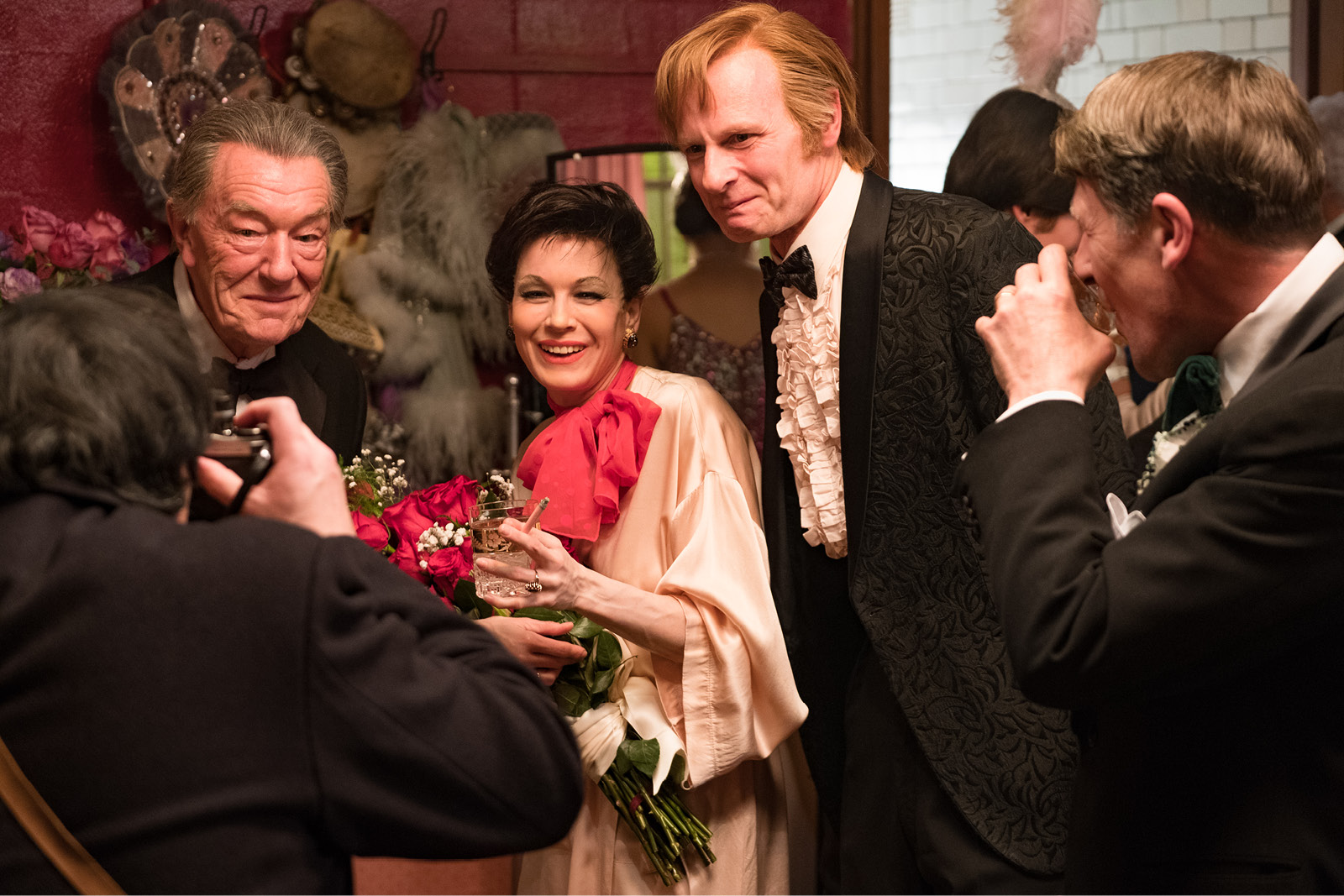British film makers have lately begun developing a new formula in the shape of stories about Hollywood stars on the skids trying to revive their career via a working trip to the UK. By eschewing the old “rise and fall” narrative and concentrating on the “fall and attempted rebirth”, these films are able to tap into an in-built supply of poignancy which can be either handled gently or inflated to operatic effect.
 Renée Zellweger in Judy
Renée Zellweger in Judy
First came Film Stars Don’t Die in Liverpool, about the twilight of Gloria Grahame’s career, followed by Stan & Ollie, in which the aging comedy legends Laurel and Hardy turned to the British stage. Now it’s the turn of Judy Garland, with an outstanding Renée Zellweger incarnating the troubled star’s final months in the UK in 1969, when she performed a song and dance season at a London theatre before dying aged 47.
It’s hardly a secret that a sense of melodramatic tragedy inescapably attached itself to the legendary actor-singer. The addiction to pills and emotional fragility that made so much of her adult life a living hell – and eventually killed her – began when she was a child, thanks to her mother and her Wizard of Oz producer, Louis B Mayer, as we see in brief flashbacks. She lost or was cheated out of her fortune – we see her being kicked out of the hotel where she lived with her two younger children – and she was unhappily married several times.
From this, director Rupert Goold (previously known as a theatre director) and writer Tom Edge (adapting the Tony Award- winning play, End of the Rainbow) have built solid scaffolding that undergirds Zellweger’s exceptional performance – and boy, is she terrific. Zellweger evokes Garland’s vulnerability and pain without wallowing, but importantly also without losing her devastating wit.
The song and dance scenes dramatise the character’s pain to variously uplifting or awkward effect and are superbly filmed, sometimes using elaborately long takes that create a sense of real time in which anything might happen to the fragile performer. Zellweger sings her own parts, and while her voice plainly lacks the appeal of Garland’s, her phrasing shows the vital understanding of timing and drama at the heart of the late star’s musical presentation.
Expert hair, make-up and lighting help to create a sometimes uncanny physical resemblance, but it’s the actor’s command of Garland’s flickeringly complex emotions – shame, fear and frustration mixed with enormous pride and self-possession – that make this more than a good impersonation but a fascinating and hugely empathetic performance.











Comments
Log in to join the conversation.